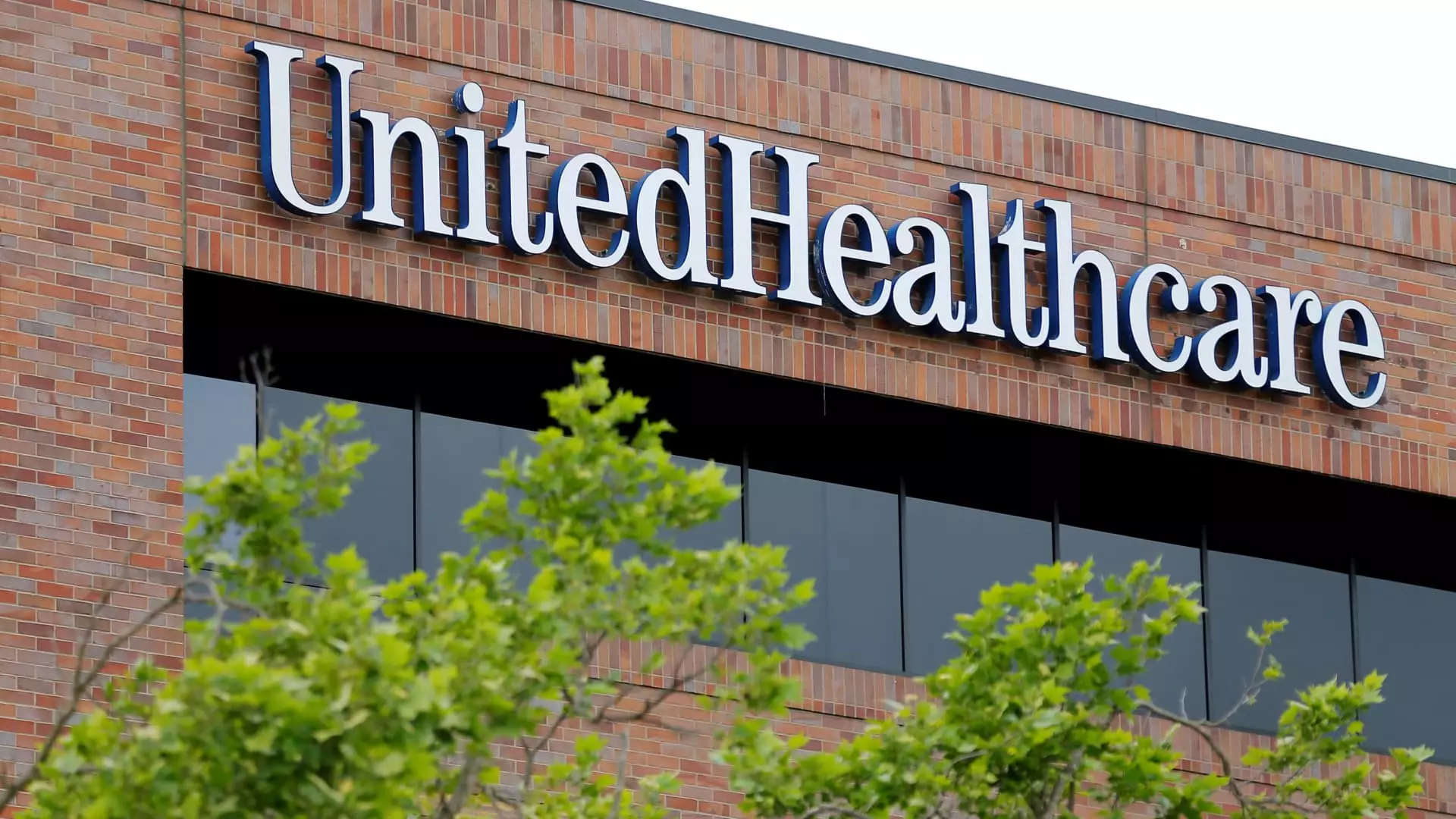UnitedHealthcare, a leading health insurer and subsidiary of UnitedHealth Group, finds itself at the center of a whirlwind of controversies and challenges that have raised serious concerns among stakeholders and the public alike. The company is facing a federal investigation into its Medicare billing practices, is compelled to implement employee buyouts, and is entangled in a public conflict with billionaire investor Bill Ackman. These developments encapsulate a year fraught with difficulties for UnitedHealth Group, which has been marked by heightened scrutiny and internal upheaval.
The investigation into UnitedHealthcare’s Medicare billing practices launched by the Department of Justice (DOJ) raises significant questions about the integrity of the insurance giant’s operations. The probe reportedly examines whether the insurer has engaged in fraudulent practices by artificially inflating diagnoses to garner additional payments through its Medicare Advantage plans. This scrutiny follows previous reports that Medicare had disbursed billions of dollars to UnitedHealthcare based on questionable data regarding patient diagnoses. The implications of such an investigation could be drastic, possibly affecting future revenues and the company’s reputation.
UnitedHealthcare has vehemently denied any wrongdoing, asserting that accusations of fraud are both outrageous and unfounded. Officials claim the company adheres to the highest standards of compliance when it comes to overseeing Medicare Advantage plans. However, as the investigation unfolds, it creates anxiety among shareholders and could contribute to a protracted decline in stock performance. In fact, shares have already reflected this unease, evidenced by a notable 23% tumble over the past three months.
In a bid to streamline operations and reduce costs, UnitedHealthcare is reportedly offering buyouts to employees and considering further layoffs if voluntary resignations do not meet predetermined quotas. The company’s approach to human resources, particularly during times of financial strain, raises questions about employee morale and the overall workplace environment. While such measures may be necessary for financial stability, they could simultaneously foster an atmosphere of instability and insecurity among current employees.
Additionally, the company is making efforts to harness technology to enhance efficiency within its services. The transformative capabilities of digital tools can boost operational performance; however, the effectiveness of such strategies hinges on employee engagement and a sense of trust within the organization. Investing too heavily in technology without adequately preparing the workforce can lead to further complications down the line.
The conflict between UnitedHealth and Bill Ackman, a notable investor and critic of the health insurance sector, underscores a growing public relations crisis for the company. Ackman recently pledged to support a Texas physician embroiled in her legal battles against UnitedHealth, which further escalated public scrutiny of the company’s practices and profitability. In his social media communications, Ackman asserted that UnitedHealth’s reported profitability could be misleading, particularly in light of its tendency to deny medically necessary procedures to patients.
While Ackman has distanced himself from direct ownership in UnitedHealth, the ramifications of his criticisms have already elicited a response from the company, which reacted to his claims by demanding retractions on social media. This exchange highlights a broader narrative that has emerged about the health insurance industry’s role in denying care and the urgent need for systemic reforms. The public perception of UnitedHealth is increasingly intersecting with wider discussions concerning ethical practices within the healthcare sector.
Compounding these problems is the fallout from a significant cyberattack that targeted Change Healthcare, a subsidiary of UnitedHealth that handles medical claims processing. This breach compromised sensitive health information for approximately 190 million individuals and has resulted in exorbitant financial payouts approaching $3 billion to affected providers. The timing of this attack, coinciding with other challenges, only exacerbates the firm’s difficulties.
It is evident that UnitedHealth Group is navigating an exceptionally challenging landscape, marked by legal, financial, and operational hurdles. As the company confronts each of these issues, it will be essential for leadership to adopt transparent communication and proactive strategies to restore shareholder confidence and address public concerns about its operational integrity.
The current storm cloud hanging over UnitedHealthcare may very well serve as a wake-up call not only for the company itself but also for the broader healthcare industry, which is increasingly under scrutiny for its practices and the impact on patient care. Whether it can successfully manage its challenges and emerge stronger remains to be seen, but the unfolding events will likely have lasting implications for its future.


Leave a Reply